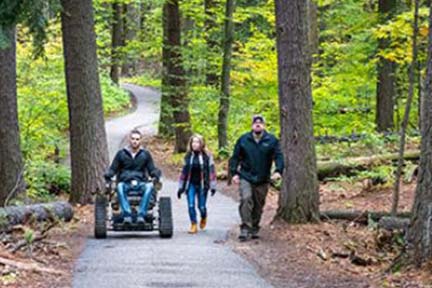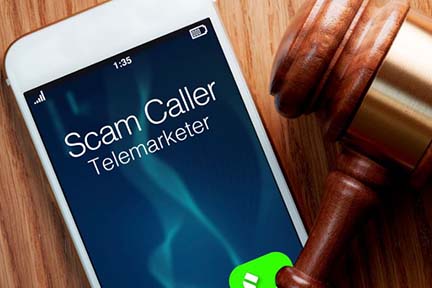| Dec. 10, 2024
Contact: Christie Bayus
DNR approves nearly $1.9 million in recreation grants for local park and trail improvement, development
Total program grant funds since 2011 top $20 million
The Michigan Department of Natural Resources today announced that 14 communities will share $1,896,700 in Recreation Passport grants for local public recreation projects.
The grants awarded will fund a range of projects, including improvements at the Big Traverse Bay boating access site in Houghton County’s Schoolcraft Township, the Tate Park River Raisin Pathway Loop in the village of Clinton in Lenawee County and the Springfield Schools Memorial Park playground in the city of Springfield in Calhoun County.
“The Recreation Passport is a tremendous value providing annual access to state parks, boating access sites, state forest campgrounds and more, all for $14,” said DNR Director Scott Bowen. “In addition, purchases of the Recreation Passport help fund maintenance and improvements at our state parks and provide money we allocate as Recreation Passport grants for local projects across Michigan. All of this adds up to a great program that produces numerous value-added benefits.”
The DNR’s Recreation Passport grant program began in 2010 with the goal of boosting visitation and funding for Michigan state parks. The Recreation Passport is a $14 annual pass required for access to 103 state parks and recreation areas, more than 140 state forest campgrounds, Michigan historic sites, hundreds of boating access sites and thousands of miles of trails.
Ten percent of the proceeds from Recreation Passport sales are granted to communities across the state for development and improvement of local public recreation facilities.
The Recreation Passport replaced the DNR’s traditional annual motor vehicle permit for state park access with a purchase program tied to the renewal of license plate registrations.
Beyond the money allocated for Recreation Passport grants, revenue from sales of Recreation Passports supports operations, infrastructure and historic and cultural assets in Michigan’s state parks and recreation system.
View projects recommended for funding for this year’s Recreation Passport grant awards. Counties where funded grant projects have been approved include Allegan, Benzie, Berrien, Calhoun, Gogebic, Houghton, Jackson, Lapeer, Lenawee, Oceana, Oscoda, St. Clair and Van Buren.
Selected projects were scored and selected from a field of 52 grant applications seeking a total of $6.7 million in funding.
With the announcement of this year’s recipients, the Recreation Passport grant program has awarded a total of $20.5 million statewide.
The application period for the next round of Recreation Passport grant funding opens in early 2025, with applications due April 1. Learn more about the program and application materials at Michigan.gov/DNRGrants.
Approximately 97% of state parks funding for operations and maintenance is generated by user fees and royalty revenues. This includes:
- 48% from camping and lodging reservation fees.
- 29% from Recreation Passport sales.
- 11% from state-owned, oil, gas, and mineral royalty revenues, which feed the Michigan State Parks Endowment Fund.
- 4% from common cash interest earnings.
- 3% from concessions and shelter reservations.
- 2% from miscellaneous sources
Michigan’s General Fund tax dollars provide the remaining 3% of state parks funding.
Questions? Call the DNR Grants Management Section at 517-284-7268 or email DNR-Grants@Michigan.gov. |






